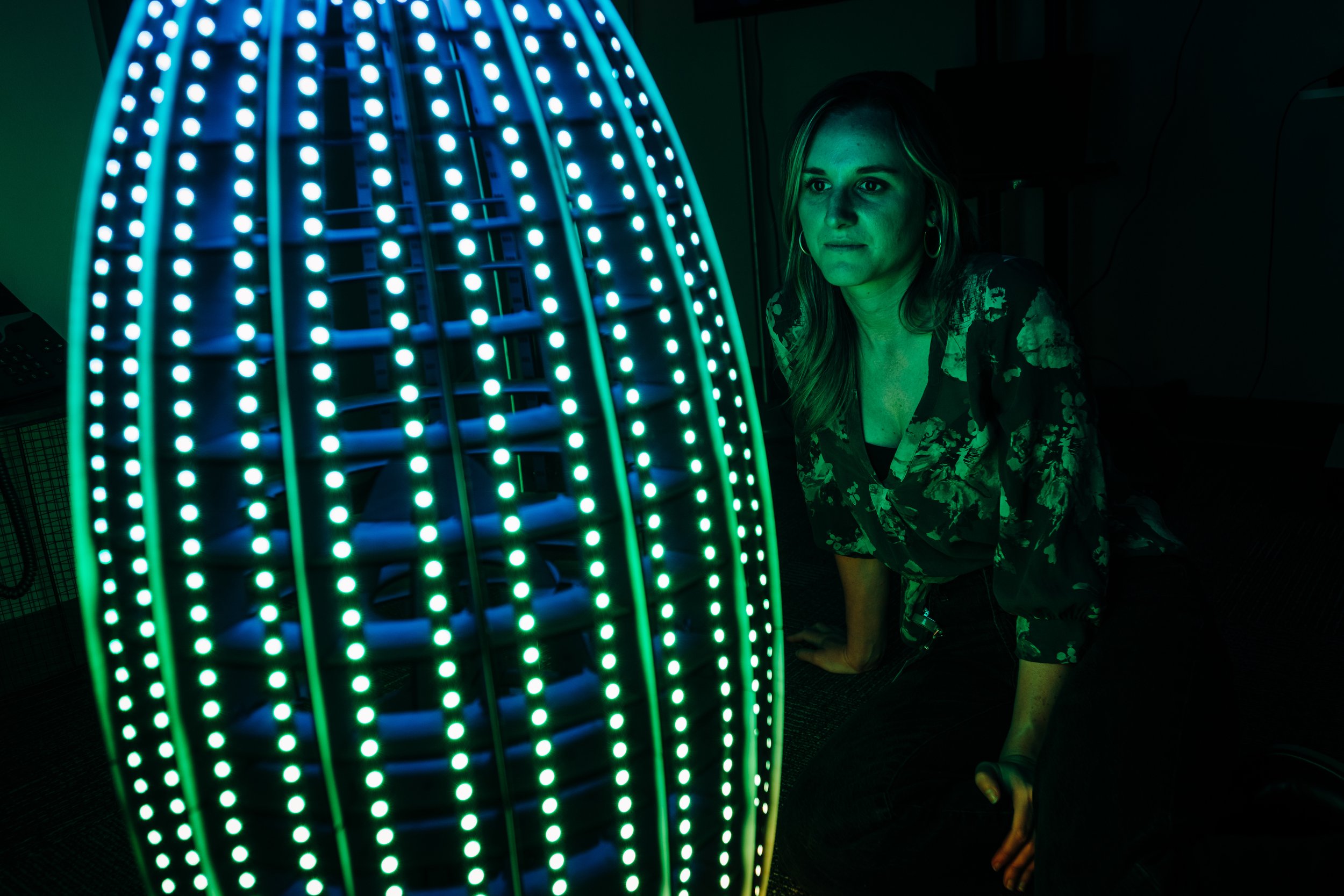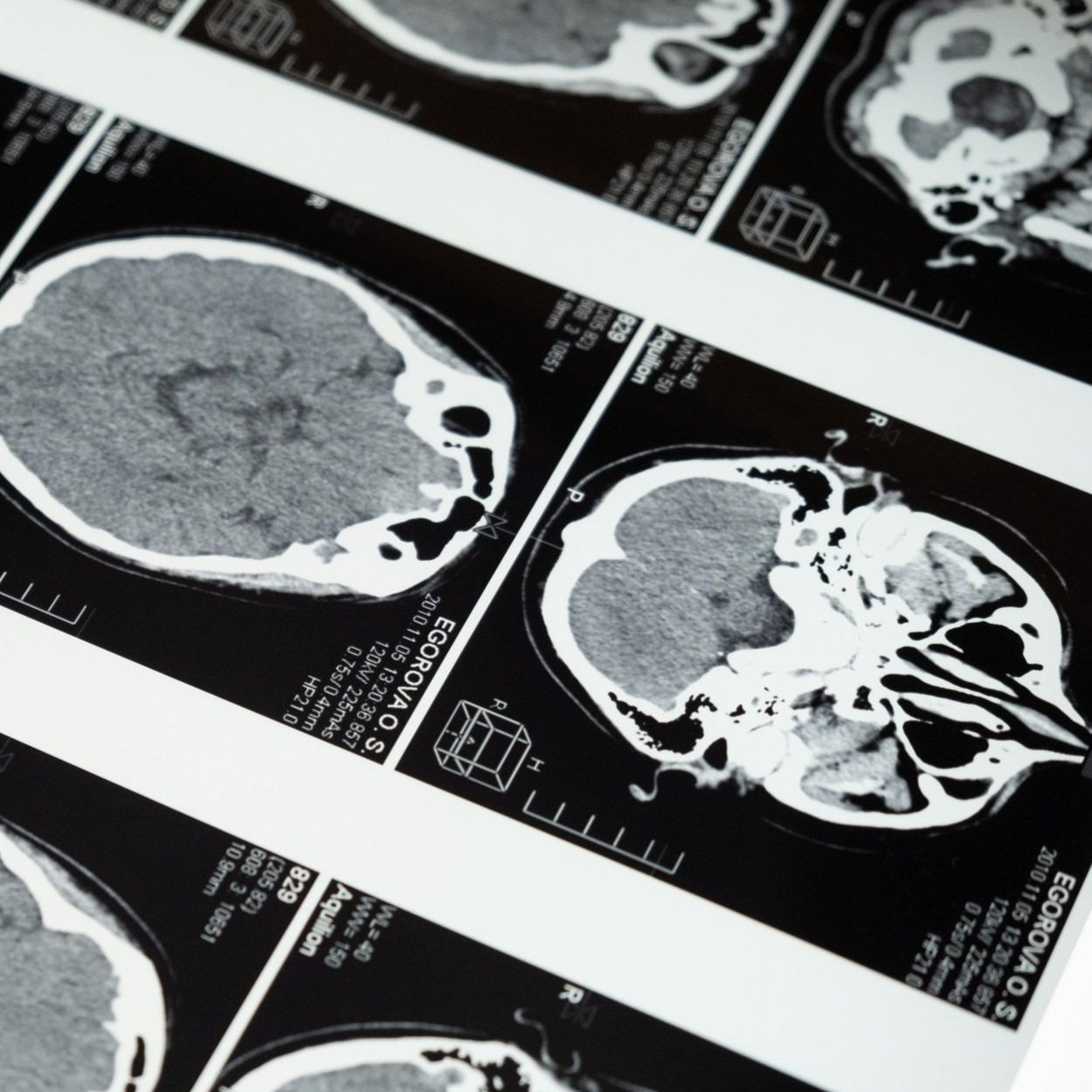Bridging Resources &
Advancing Innovations
in Neurohealth
The Alabama BRAIN Lab (ABL) aims to enhance the Quality of Life and Performance of all Alabama
citizens by accelerating the engineering and delivery of neurohealth solutions to optimize neural plasticity.
Enrolling individuals with Parkinson's Disease and Breast Cancer now! Fill out the form below to get started.
〰️
Enrolling individuals with Parkinson's Disease and Breast Cancer now! Fill out the form below to get started. 〰️
Through our Entrepreneurial Approaches, we engage in Convergence Research and Design Thinking to engineer and test ideas, concepts, and prototypes that are generated by physicians, patients, clinicians, faculty, students, and family caregivers to optimize brain plasticity and health.
The ABL Mission is to bridge public and private resources for accelerating the development, testing, validation, and adoption of use-inspired solutions intended for improving Public Neurohealth in the State of Alabama. We are translating research into real-life solutions.
Alabama BRAIN Lab is a group of engineers, scientists, physicians, clinicians, professors, executives, artists, students, patients, and caregivers focused on reducing the average 17-year gap between basic research and clinical practice by bridging resources across public and private entities to develop, test, and validate use-inspired innovations to improve Alabama’s Neurohealth.
Our Projects include:
Cognition and Vitality R&D
Mental Health R&D
Movement Disorders R&D
Head Injury R&D
Industry Efforts
Brain health is the state of brain functioning across cognitive, sensory, socio-emotional, behavioural, and motor domains, allowing a person to realize their full potential over the life course, irrespective of the presence or absence of disorders.
— World Health Organization






